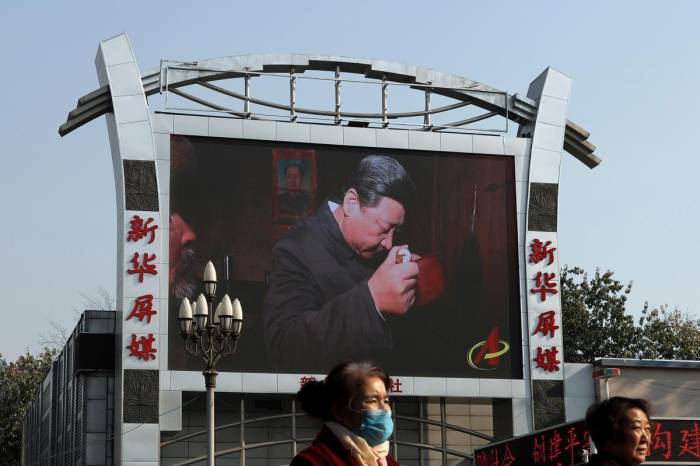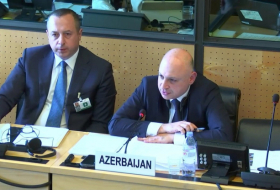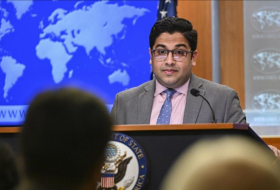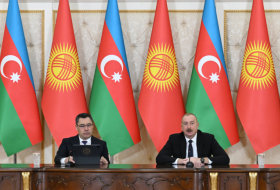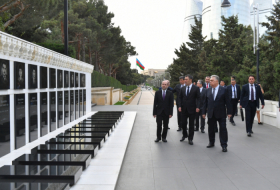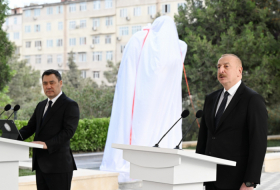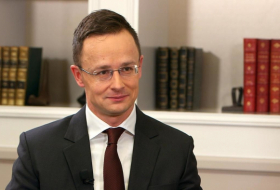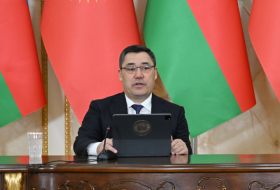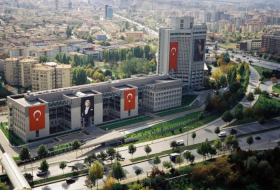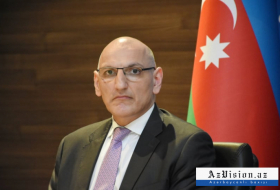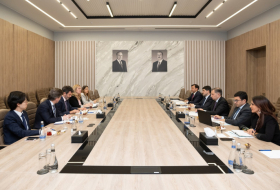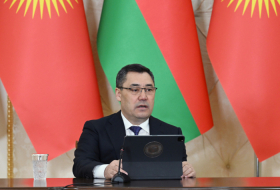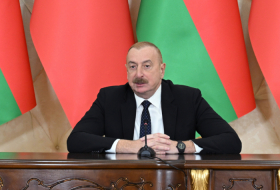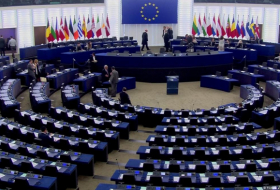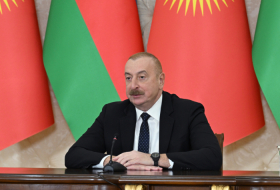Things were vastly different when he returned four years later. Mao was dead, and the country was pulling itself together under reformist Deng Xiaoping. So radical was the transformation that some Chinese felt emboldened enough to plaster posters on a wall in central Beijing criticizing past excesses and advocating democracy.
"China had suddenly gone from being this implacable enemy that was closed to any contact to being quite open and receptive to interacting," recalled Schell, now the director of the Center on U.S.-China Relations at the New York-based Asia Society.
That opening and Deng's subsequent market-style economic reforms fueled speculation that China was destined to become a democracy.
The rise of President Xi Jinping, who is now poised to rule indefinitely after China's rubber-stamp legislature voted Sunday to eliminate presidential term limits, has changed all that, a growing number of Western analysts say.
"In the past, both sides presumed China was trying to become more democratic," Schell said. "What Xi marks so clearly is that there is no longer the pretension ... that China is becoming more democratic and open."
Under Deng, the ruling Communist Party began to allow small-scale free enterprise and eased social controls.
To ensure the party's survival, leaders embarked on a bold experiment in the 1990s to create a formal system of succession. The Chinese public still had no voice in picking their government, but leaders would share power and step down after fixed terms.
Even that has been swept aside under Xi, who is poised to rule for as long as he wants as China's most powerful leader since Mao. The move to scrap presidential limits revives the specter of one-man rule that Deng tried to ward off when he abolished lifetime tenure in 1982.
"The control of public opinion in China right now is much looser than it was in Mao's day, but it's much tighter than it was under Deng Xiaoping," said Sidney Rittenberg, 96, one of the few Americans to have personally known Mao.
Still, he predicted China would never return to earlier periods of isolation, citing the economy's dependence on openness to the world, Beijing's rising global status and greater awareness among Chinese citizens.
Associated Press
More about: China








